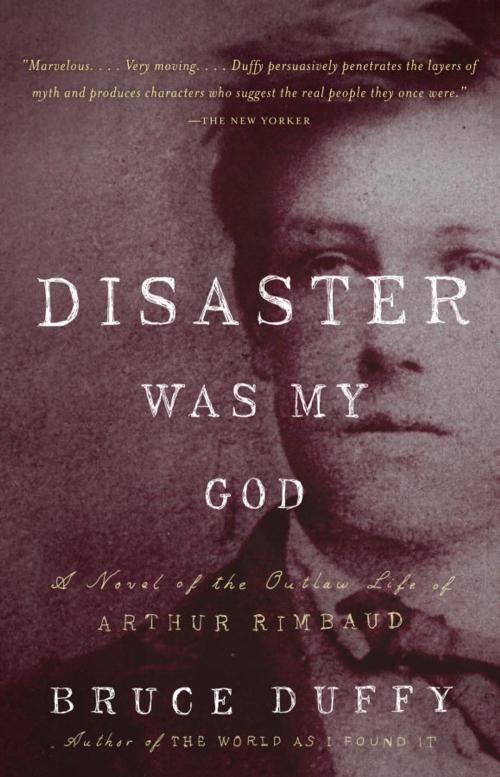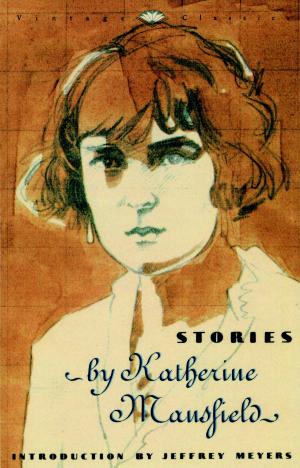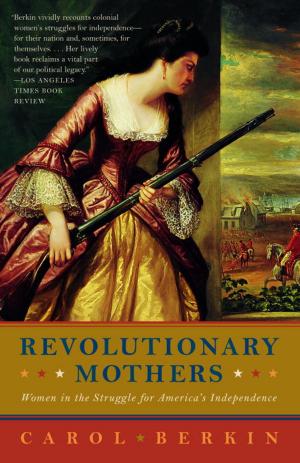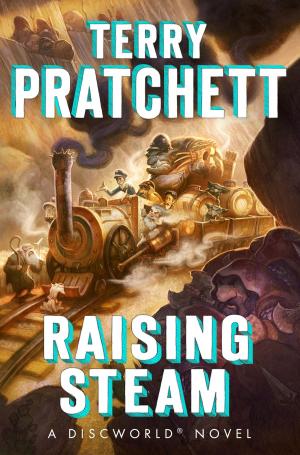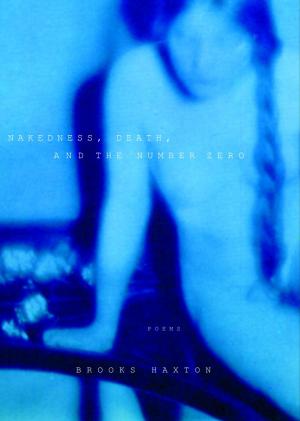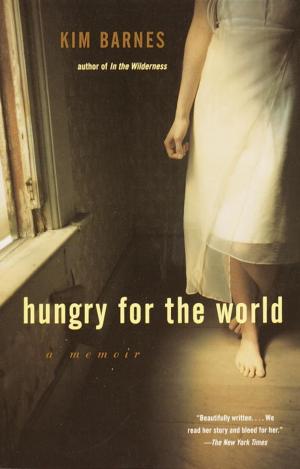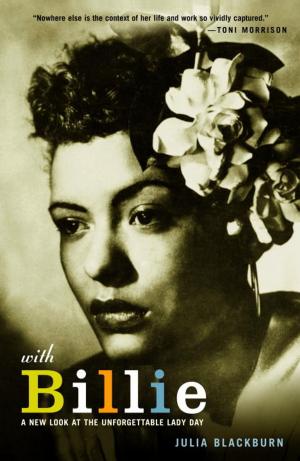Disaster Was My God
A Novel of the Outlaw Life of Arthur Rimbaud
Fiction & Literature, Literary, Historical| Author: | Bruce Duffy | ISBN: | 9780385534376 |
| Publisher: | Knopf Doubleday Publishing Group | Publication: | July 19, 2011 |
| Imprint: | Anchor | Language: | English |
| Author: | Bruce Duffy |
| ISBN: | 9780385534376 |
| Publisher: | Knopf Doubleday Publishing Group |
| Publication: | July 19, 2011 |
| Imprint: | Anchor |
| Language: | English |
The author of the critically acclaimed novel The World as I Found It brilliantly reimagines the scandalous life of the pioneering, proto-punk poet Arthur Rimbaud.
Arthur Rimbaud, the enfant terrible of French letters, more than holds his own with Lord Byron and Oscar Wilde in terms of bold writing and salacious interest. In the space of one year—1871—with a handful of startling poems he transformed himself from a teenaged bumpkin into the literary sensation of Paris. He was taken up, then taken in, by the older and married poet Paul Verlaine in a passionate affair. When Rimbaud sought to end it, Verlaine, in a jealous rage, shot him. Shortly thereafter, Rimbaud—just shy of his twentieth birthday—declared himself finished with literature. His resignation notice was his immortal prose poem A Season in Hell. In time, Rimbaud wound up a prosperous trader and arms dealer in Ethiopia. But a cancerous leg forced him to return to France, to the family farm, with his sister and loving but overbearing mother. He died at thirty-seven.
Bruce Duffy takes the bare facts of Rimbaud’s fascinating existence and brings them vividly to life in a story rich with people, places, and paradox. In this unprecedented work of fictional biography, Duffy conveys, as few ever have, the inner turmoil of this calculating genius of outrage, whose work and untidy life essentially anticipated and created the twentieth century’s culture of rebellion. It helps us see why such protean rock figures as Bob Dylan, Jim Morrison, and Patti Smith adopted Rimbaud as their idol.
The author of the critically acclaimed novel The World as I Found It brilliantly reimagines the scandalous life of the pioneering, proto-punk poet Arthur Rimbaud.
Arthur Rimbaud, the enfant terrible of French letters, more than holds his own with Lord Byron and Oscar Wilde in terms of bold writing and salacious interest. In the space of one year—1871—with a handful of startling poems he transformed himself from a teenaged bumpkin into the literary sensation of Paris. He was taken up, then taken in, by the older and married poet Paul Verlaine in a passionate affair. When Rimbaud sought to end it, Verlaine, in a jealous rage, shot him. Shortly thereafter, Rimbaud—just shy of his twentieth birthday—declared himself finished with literature. His resignation notice was his immortal prose poem A Season in Hell. In time, Rimbaud wound up a prosperous trader and arms dealer in Ethiopia. But a cancerous leg forced him to return to France, to the family farm, with his sister and loving but overbearing mother. He died at thirty-seven.
Bruce Duffy takes the bare facts of Rimbaud’s fascinating existence and brings them vividly to life in a story rich with people, places, and paradox. In this unprecedented work of fictional biography, Duffy conveys, as few ever have, the inner turmoil of this calculating genius of outrage, whose work and untidy life essentially anticipated and created the twentieth century’s culture of rebellion. It helps us see why such protean rock figures as Bob Dylan, Jim Morrison, and Patti Smith adopted Rimbaud as their idol.
